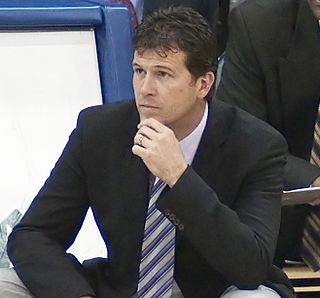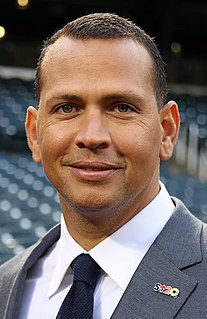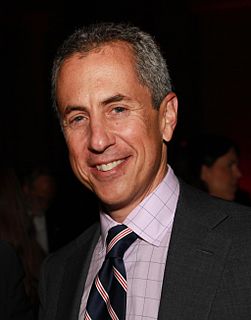A Quote by Charlie Munger
There’s no way that you can live an adequate life without many mistakes. In fact, one trick in life is to get so you can handle mistakes. Failure to handle psychological denial is a common way for people to go broke.
Related Quotes
Failure to handle psychological denial is a common way for people to go broke: you have made an enormous commitment to something. You have poured effort and money in. And the more you put in, the more that the whole consistency principle makes you think, "Now it has to work. If I put in just a little more, then it will work."
What do you first do when you learn to swim? You make mistakes, do you not? And what happens? You make other mistakes, and when you have made all the mistakes you possibly can without drowning - and some of them many times over - what do you find? That you can swim? Well - life is just the same as learning to swim! Do not be afraid of making mistakes, for there is no other way of learning how to live!
I'm afraid that we all make mistakes. One of the things that defines our character is how we handle mistakes. If we lie about having made a mistake, then it can't be corrected and it festers. On the other hand, if we give up just because we made a mistake, even a big mistake, none of us would get far in life.
Sometimes having no script, having no idea what is going to happen next, having no map, might be the way to go. Because life just happens, and when it does, how you handle it will teach you more about who you are than any class or test ever can. The best preparation for the rest of your life is, maybe, no preparation at all. Dive right in. Make mistakes. Break a few rules. Wing it.
Give yourself a break. Stop beating yourself up! Everyone makes mistakes, has setbacks and failures. You don't come with a book on how to get it right all the time. You will fail sometimes, not because you planned to, but simply because you're human. Failure is a part of creating a great life. Stand up to it and handle it with grace. Because, you can.


































